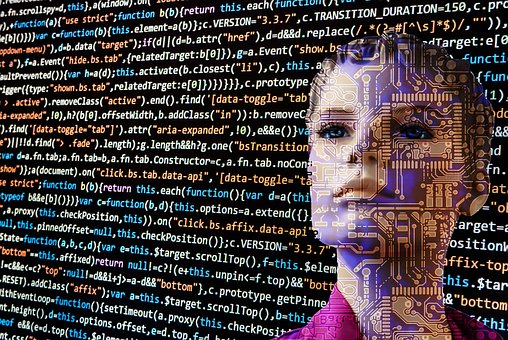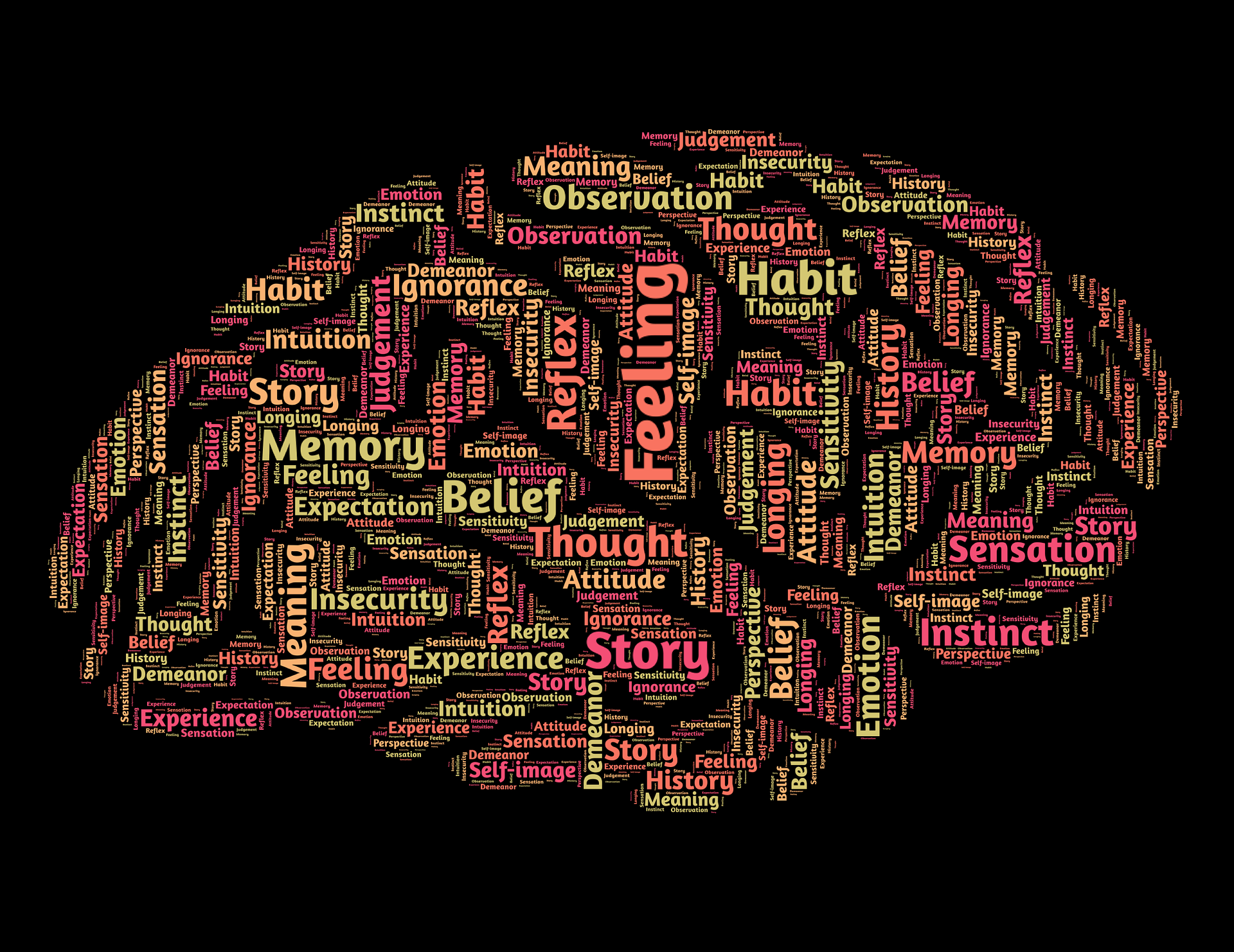Artificial intelligence (AI) is intelligence—perceiving, synthesizing, and inferring information—demonstrated by machines, as opposed to intelligence displayed by humans or by other animals. Example tasks in which this is done include speech recognition, computer vision, translation between (natural) languages, as well as other mappings of inputs.
Artifical intelligance applications include advanced web search engines (e.g., Google Search), recommendation systems (used by YouTube, Amazon, and Netflix), understanding human speech (such as Siri and Alexa), self-driving cars (e.g., Waymo), generative or creative tools (ChatGPT and art), automated decision-making, and competing at the highest level in strategic game systems (such as chess and Go).

OVERVIEW ON AI
As machines become increasingly capable, tasks considered to require “intelligence” are often removed from the definition of it, a phenomenon known as the AI effect. For instance, optical character recognition is frequently excluded from things considered to be artificial intelligence, having become a routine technology.
Artificial intelligence was founded as an academic discipline in 1956, and in the years since it has experienced several waves of optimism, followed by disappointment and the loss of funding (known as an “AI winter“), followed by new approaches, success, and renewed funding. artificial intelligence research has tried and discarded many different approaches, including simulating the brain, modeling human problem solving, formal logic, large databases of knowledge, and imitating animal behavior. In the first decades of the 21st century, highly mathematical and statistical machine learning has dominated the field, and this technique has proved highly successful, helping to solve many challenging problems throughout industry and academia.
Merits of aritificial intelligence
#1 Reduction in Human Error
One of the biggest advantages of Artificial Intelligence is that it can significantly reduce errors and increase accuracy and precision. The decisions taken by AI in every step is decided by information previously gathered and a certain set of algorithms. When programmed properly, these errors can be reduced to null.
#2 24×7 Availability
There are many studies that show humans are productive only about 3 to 4 hours in a day. Humans also need breaks and time offs to balance their work life and personal life. But artificial intelligence can work endlessly without breaks. They think much faster than humans and perform multiple tasks at a time with accurate results. They can even handle tedious repetitive jobs easily with the help of AI algorithms.

#3 Daily Applications
Today, our everyday lives are entirely dependent on mobile devices and the internet. We utilize a variety of apps, including Google Maps, Alexa, Siri, Cortana on Windows, OK Google, taking selfies, making calls, responding to emails, etc. With the use of various AI-based techniques, we can also anticipate today’s weather and the days ahead.
Example: About 20 years ago, you must have asked someone who had already been there for instructions when you were planning a trip. All you need to do now is ask Google where Bangalore is. The best route between you and Bangalore will be displayed, along with Bangalore’s location, on a Google map.
Danger of Artificial intelligence
1. Unemployment
One application of artificial intelligence is a robot, which is displacing occupations and increasing unemployment (in a few cases). Therefore, some claim that there is always a chance of unemployment as a result of chatbots and robots replacing humans.
For instance, robots are frequently utilized to replace human resources in manufacturing businesses in some more technologically advanced nations like Japan. This is not always the case, though, as it creates additional opportunities for humans to work while also replacing humans in order to increase efficiency.

Make Humans Lazy
Applications automate the majority of tedious and repetitive tasks. Since we do not have to memorize things or solve puzzles to get the job done, we tend to use our brains less and less. This addiction to artificial intelligence can cause problems to future generations.
conclusion
As AI grows more sophisticated and widespread, the voices warning against the potential dangers of artificial intelligence grow louder. “The development of artificial intelligence could spell the end of the human race,” according to Stephen Hawking. But in my opinion artificial intelligence won’t destroy human because we human do sins because of greed, anger, profit etc. but machine don’t have emotions all wise ,intelligent people in history always talked about humanity. It means intelligence know what is good what is bad ,what is right what is good ,our greed made this world hell not intelligence.


